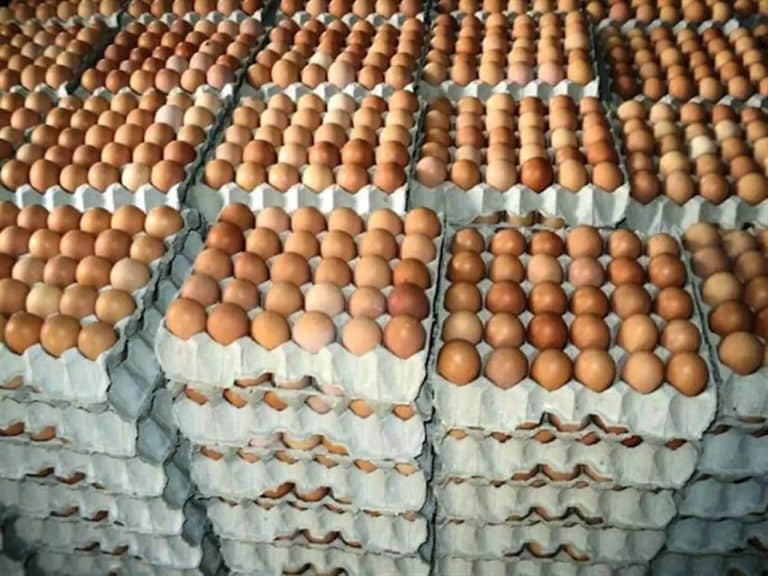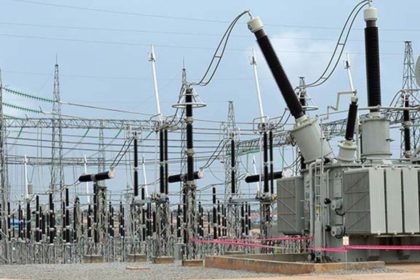The Poultry Association of Nigeria (PAN) has issued a stern warning that the price of eggs could skyrocket to ₦10,000 per crate if urgent measures are not taken to address the rising cost of fuel and poultry feed, key factors driving up production costs.
This announcement came during a press briefing held by the Secretary of PAN’s Federal Capital Territory (FCT) Chapter, Musa Hakeem, on Saturday, October 13, 2024, as part of activities marking World Egg Day in Abuja.
Hakeem attributed the steep rise in egg prices to the escalating cost of transportation, fueled by the recent increase in fuel prices, and the indiscriminate hike in feed prices by millers across the country. According to him, the poultry industry is on the verge of collapse if the government does not intervene to stabilize these costs.
“If we were to calculate based on the proportional increase in transportation and feed prices, the cost of a crate of eggs should be around ₦10,000,” Hakeem stated. “However, out of compassion and due to the health importance of eggs as a vital source of protein, we have tried to keep prices at the current ₦5,500. But this may not hold for long.”
Urgent Need for Government Intervention
The association’s secretary also stressed the critical need for the Federal Government to declare a state of emergency on egg production in Nigeria. He emphasized that the country cannot afford to depend on the importation of eggs, especially with the declining protein intake among Nigerians, which threatens the nation’s overall health.
“Eggs are a key source of affordable protein, but with these rising production costs, many Nigerians may no longer be able to afford them. This could lead to a serious protein deficiency across the country,” Hakeem warned.
He lamented the government’s inaction, pointing out that the last intervention by way of grain supplies to poultry farmers was three years ago. Since then, he noted, poultry farmers have struggled to cope with rising operational costs, with little support from the authorities.
“To the best of my knowledge, any so-called government interventions we hear about to address high food prices are only read on the pages of newspapers. The reality on the ground is that the poultry sector is being neglected,” he said.
Poultry Sector in Crisis
The looming crisis in Nigeria’s poultry industry is not just about egg prices; it is a warning sign of deeper structural problems that threaten to collapse the sector entirely. Hakeem called for the government to work closely with PAN in any future intervention programs, emphasizing that PAN has comprehensive data on poultry farmers in the FCT and can provide accurate information on the needs of the sector.
“Poultry farmers are left to operate on their own, without the necessary support from the government. If this continues, the entire industry could crash, and it would have devastating consequences on food security and nutrition in the country,” he concluded.
As Nigerians brace for potential hikes in the price of a key dietary staple, PAN’s warning serves as a stark reminder of the interconnected challenges facing the agricultural sector—challenges that, if left unaddressed, could have far-reaching implications for the nation’s food security and public health.




